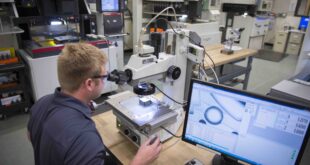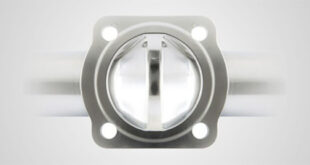While automotive supply chains have stabilised, the future dynamic of such ecosystems is unclear. Compounded by an increase in electric vehicle production, and sustainability related regulatory and government policy, what is clear is that a global orchestration is under way.
Automakers are increasingly bringing their operations closer to home, and Europe is leading the way having reduced procurement from offshore locations by a quarter in the last year. Globally, procurement from offshoring locations dropped by 22% in the last two years and is expected to drop a further 19% over the next two years.
That is according to a new report launching by the Capgemini Research Institute, Automotive Supply Chain: Pursuing Long-Term Resilience. The new report from Capgemini finds that:
Short-term solutions are not sustainable: Automotive organisations dug into their pockets to weather the storm of the past few years and ensure they could tackle disruptions in a complex environment – however, this meant an overreliance on additional working capital and inventory which won’t be sustainable long-term.
Demand for EVs and semiconductors accelerate nearshoring: While automotive organisations are shifting production to cater to the demand for EVs and software-based features, the supply of raw materials isn’t being prioritised, with OEMs having just three years of raw materials to secure future growth.
Sustainability investment stagnates: Automotive organisations will invest heavily in their supply chains over the next 12-18 months, however sustainability investments are lacking – just 37% of organisations consider sustainability, carbon footprint, and environmental risk when making their supply chain decisions.
Trust is a barrier to long-term resistance: The relationships between stakeholders across the ecosystem are fraught, with supplier/OEM trust deteriorating as suppliers believe that OEMs are overstating production goals, versus OEMs being sceptical of the sustainability-related data suppliers provide.
 Engineer News Network The ultimate online news and information resource for today’s engineer
Engineer News Network The ultimate online news and information resource for today’s engineer

